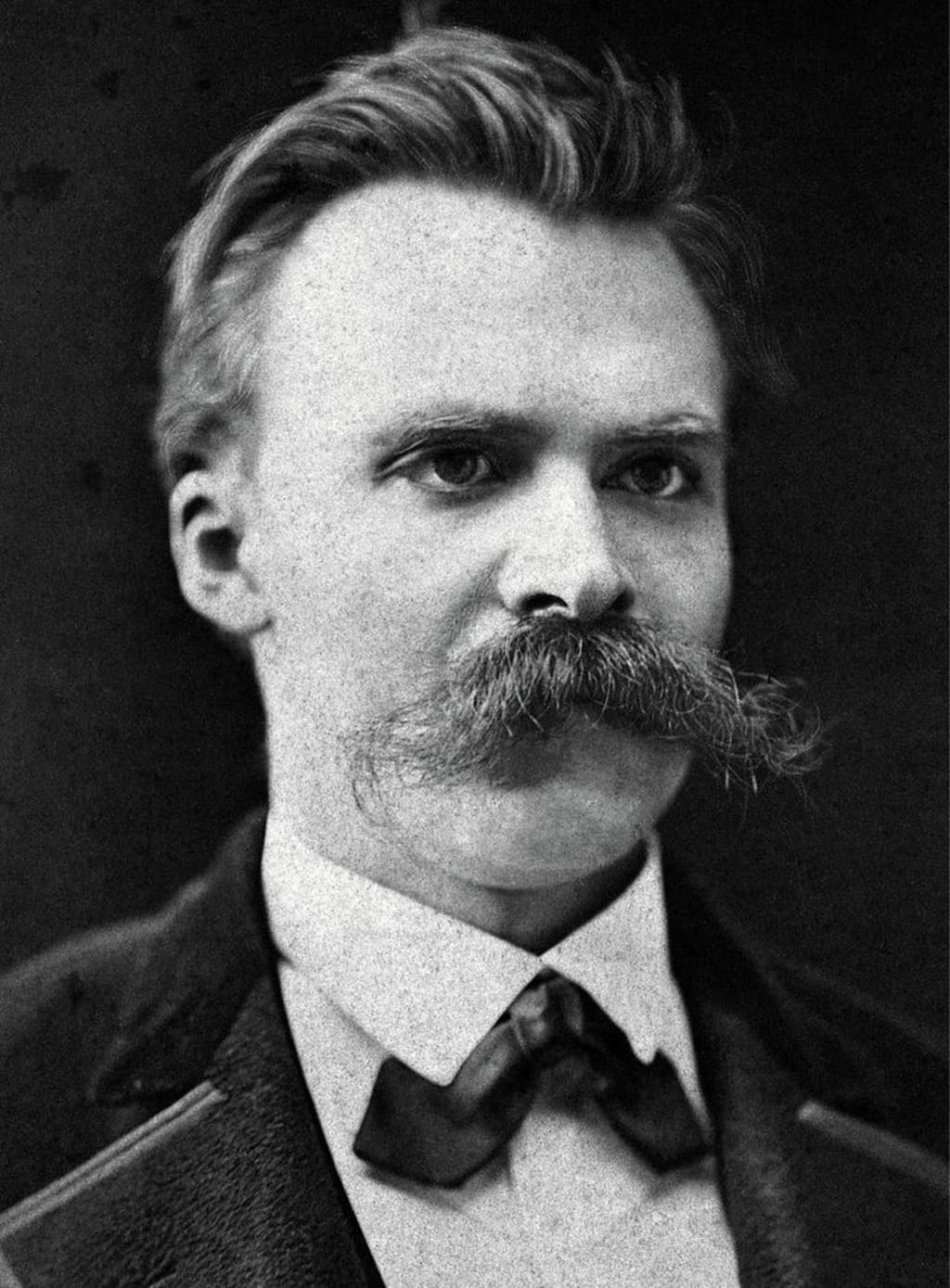
In the archives of Western intellectual history, Friedrich Nietzsche stands as a profound and controversial figure, his ideas echoing through time and challenging the very fabric of human existence. Born in 1844 in Saxony, Prussia, Nietzsche's early life was marred by tragedy, marked by the paradox of his father's devout Christian faith juxtaposed against the inexplicable suffering that befell his family. This dissonance between faith and reality would lay the foundation for Nietzsche's revolutionary philosophical pursuits.
Nietzsche's intellectual journey commenced with a promising start in Christian theology, but it took an abrupt turn as he delved deeper into the intricacies of religious critique. With a mind sharp and critical, he abandoned his faith, embracing instead the rigorous study of philology, becoming a distinguished professor at the University of Basel. Yet, his tenure in academia was short-lived, a consequence of both his dissatisfaction with its constraints and the toll of his deteriorating health, a consequence of both genetic ailments and the suspected contraction of syphilis.
Retreating from the confines of traditional academia, Nietzsche embarked on a solitary quest for meaning. In the serene solitude of the Swiss Alps, he found solace amidst the throes of physical suffering and mental anguish. It was amidst this isolation that Nietzsche penned his most influential works, crafting a philosophy that shook the very foundations of Western thought.
At the heart of Nietzsche's philosophy was the concept that traditional religious faith had crumbled, leaving humanity standing at the precipice of nihilism. The void left by the collapse of religious certainties threatened to engulf society in despair. Nietzsche's response was radical: to confront suffering, not as an adversary to be defeated, but as a crucible for personal transformation. He proclaimed, "God is dead," not as a celebration of lost faith, but as a stark warning, signifying the collapse of European morality intertwined with religious beliefs.
In Nietzsche's worldview, suffering was not to be avoided but embraced. He posited that within suffering lay the potential for profound growth and self-realization. The alchemy of the spirit, as he described it, transmuted life's suffering into something meaningful and redeemable. Nietzsche's philosophy became a call to arms, urging individuals to find their own purpose in the face of life's inherent suffering.
However, Nietzsche's personal life mirrored the complexities of his philosophy. His mental health deteriorated, culminating in a moment of profound compassion when he rushed to console a flogged horse, a gesture seemingly incongruent with his philosophy of overcoming weakness. Nietzsche's descent into madness, whether the consequence of his ailments or the depths of his philosophical inquiry, remains an enigma.
In the wake of Nietzsche's passing in 1900, his work gained posthumous recognition, captivating the minds of scholars, thinkers, and artists. His aphorisms and ideas permeated the cultural landscape, inspiring generations to question, to rebel, and to seek meaning in a seemingly indifferent universe.
Nietzsche's legacy persists in the modern era, where his ideas continue to find resonance. His call to embrace suffering as a path to self-discovery challenges conventional wisdom, inviting individuals to confront their demons and emerge stronger. Yet, Nietzsche's philosophy is not without its complexities and critiques. His notions of self-overcoming and sacrifice raise fundamental questions about the nature of human existence.
In a world grappling with existential dilemmas, Nietzsche's philosophy endures as a guiding light, illuminating the path to self-realization. His open-ended ideas allow for diverse interpretations, inviting each generation to engage critically and creatively. In embracing Nietzsche's spirit of intellectual rebellion, modern thinkers navigate the complexities of contemporary life, striving to carve out their unique paths amidst the chaos.
In the grand tapestry of human thought, Nietzsche's odyssey stands as a testament to the resilience of the human spirit. Through the turbulence of his own life and the intricacies of his philosophy, Nietzsche beckons humanity to confront the abyss, question the established norms, and, in doing so, discover the profound meaning that can emerge from the crucible of suffering. Nietzsche's legacy is not a monolithic doctrine but a vibrant, evolving discourse, challenging us to embark on our own intellectual and existential journeys, armed with the wisdom of the past and the courage to navigate the unknown.





Comments
There are no comments for this story
Be the first to respond and start the conversation.